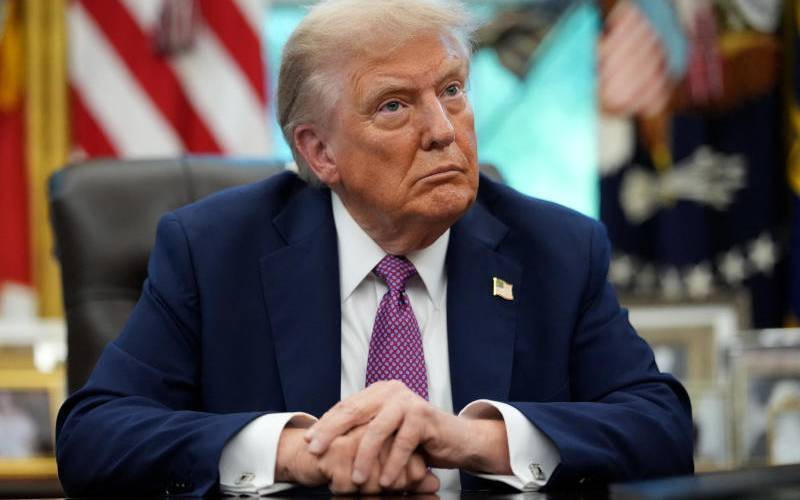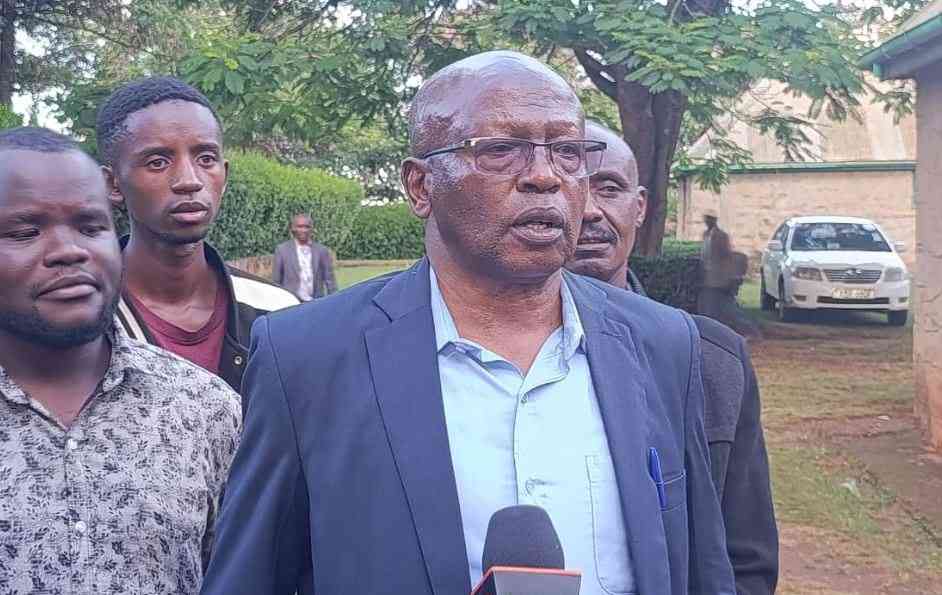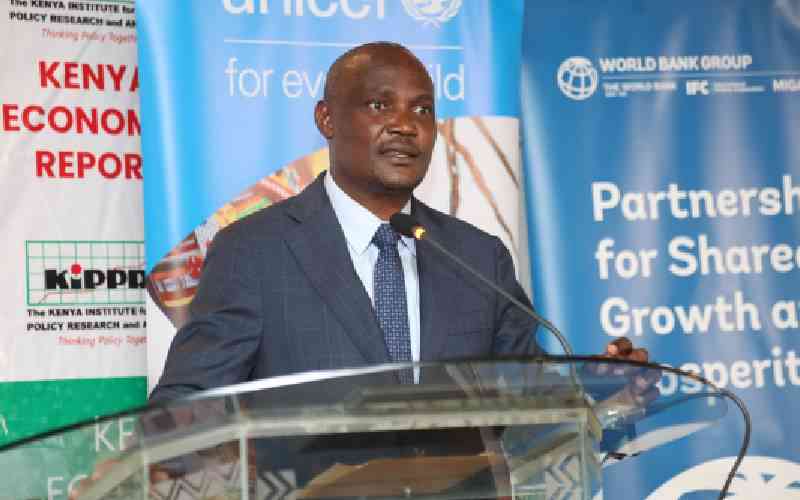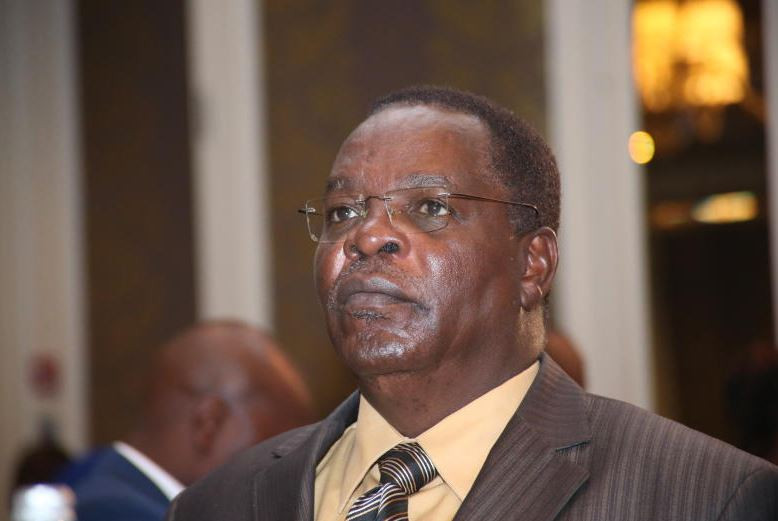
At the Kenya-Uganda Busia border post, chaos is the currency. Whether you arrive by personal vehicle, bus, matatu, motorcycle, bicycle, or on foot, as you approach the busy bus terminal, a deafening chorus of voices immediately overwhelms you.
Men and women of all ages compete for your attention as you disembark each eager to persuade you to exchange your money with them. Their shouts rise above the rumble of trucks and passenger buses lining up for border clearance, blending with the constant hum of traders hawking goods and travelers shuffling toward their respective destinations.







